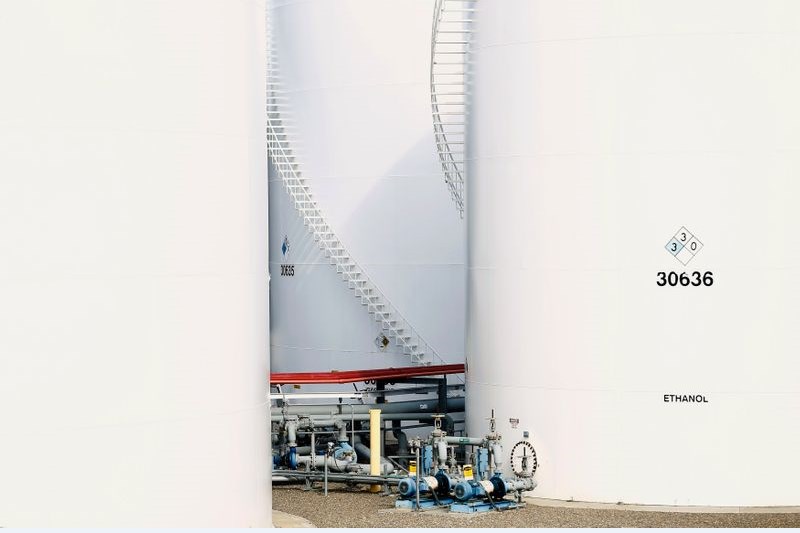Street Calls of the Week
Concerns over the potential escalation of conflict in the Middle East have led investors to seek refuge in oil, gold, and bonds, while avoiding the Australian dollar, which almost touched a one-year low.
Israeli Prime Minister Benjamin Netanyahu's stern warning to Hamas and US President Joe Biden's intervention in the Gaza conflict have heightened concerns over a possible wider Middle East confrontation.
These geopolitical strains have led investors to prioritise safe-haven assets like gold and bonds over riskier investments, pulling the Australian dollar to US63.21¢ on Monday, just shy of its one-year low at US62.83¢.
The Brent oil benchmark saw a modest decline of 0.3% to US$90.63 a barrel on Monday, following a nearly 6% gain last week. Analysts suggest that an Israeli ground invasion of Gaza could send crude prices soaring to US$100 a barrel, further challenging the global economy. Vivek Dhar, a mining and energy commodities analyst at Commonwealth Bank, noted the high-risk scenario of direct engagement between Israel and Iran impacting the Strait of Hormuz, responsible for up to 20% of global oil transit.
This is why Iran potentialy becoming directly involved in this latest war in the Middle East would put a rocket up the oil price. pic.twitter.com/WdIkUu4lMS— maneco64 (@maneco1964) October 7, 2023
The Organisation of the Petroleum Exporting Countries (OPEC+) had already sounded the alarm about steep production cuts this quarter. Daniel Hynes, a senior commodity strategist at ANZ, stated, "We believe the oil price warrants a risk premium of US$5 to US$10 per barrel due to the supply risk, and maintain our short-term price target of US$100."
In Australia, the surge in oil prices has lifted petrol costs above A$2 per litre, stoking underlying inflation concerns. The Reserve Bank of Australia (RBA) reported a 5.9% annual core inflation in the second quarter, significantly surpassing its target range of 2% to 3%.
The ongoing geopolitical turmoil and its repercussions have market watchers globally on edge, further complicating the investment climate.
